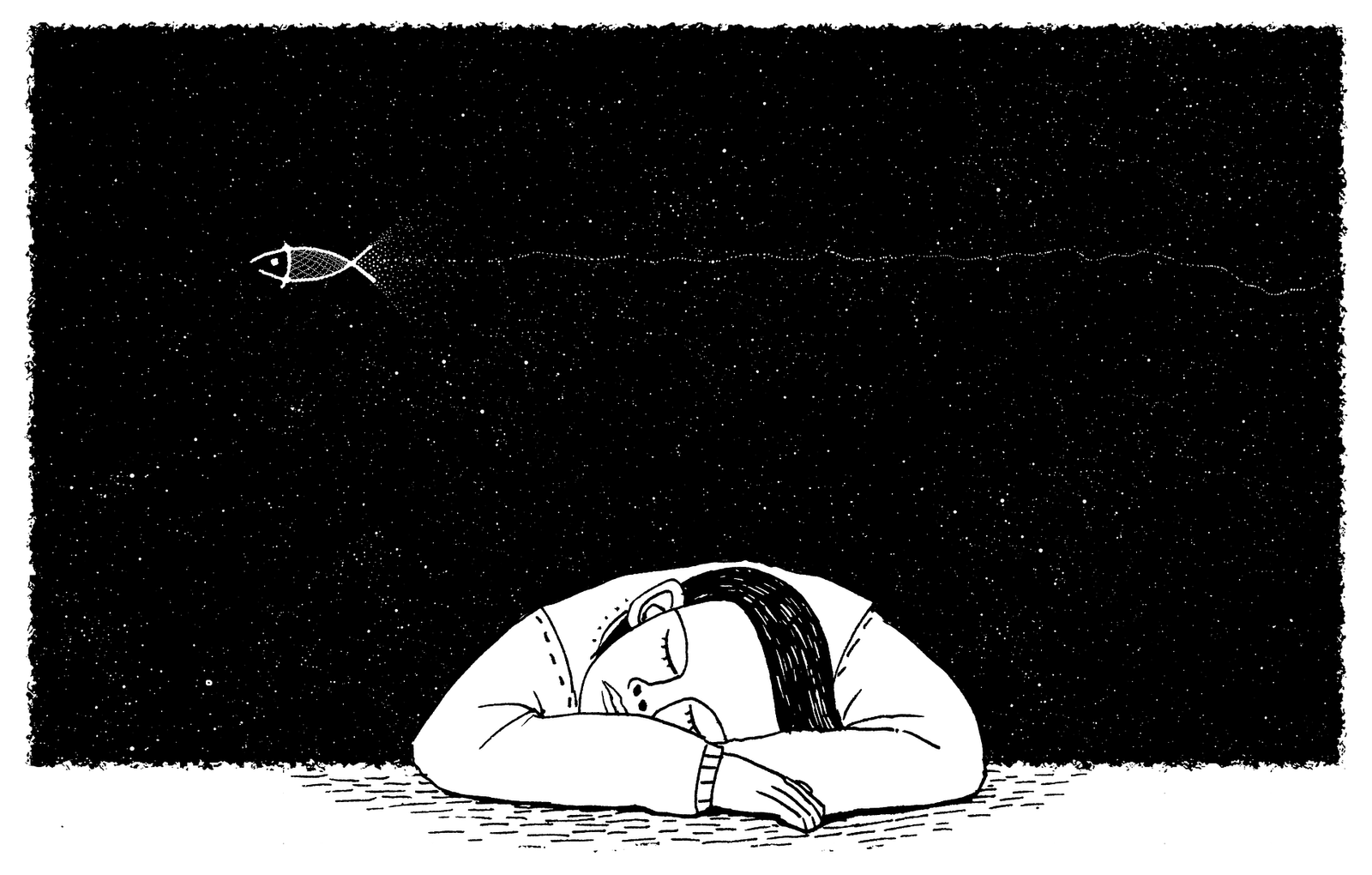From headaches to sore muscles and drowsiness to feeling tired, it looks as though a bad mattress knows how to ruin your day, but more than that, it also can ruin your health.
Sleep is an essential part of our daily lives; we sleep to feel better, spur creativity, sharpen attention, banish under-eye circles and boost our moods. Sleep also benefits our heart, mind, weight and more. But today, with our busy schedules and lots of lifestyle pressures and trends, we tend to overlook the importance of sleep. What we do not know is if we don’t get enough sleep, then lots of bad things start to happen. Feeling tired, drowsy and pains, for instance, are easily noticeable when we wake up. And with time, effects like respiratory and weight issues, less effective immune system and low quality sleep are felt.
Other than lifestyle, a few other things like stress, medical condition, medication, and mattress can affect the quality of sleep. In this article, we highlight four annoying health effects of sleeping on a bad mattress:
Memory
Rest plays an incredible role in helping your brain store your daily activities, meaning, if you don’t sleep, then it becomes hard for you to retain information. This was illustrated in a research where two groups of people were given a similar task (which they did at the same time). One group was allowed to sleep before they did the work again. The findings revealed that those who slept performed better when they took on the task the second time, as they could recall all the information than those who did not sleep.
If your mattress is a bad one, then it’s likely that you won’t have a good night rest, so your brain won’t effectively solidify information into your memory.
Back pain

Back pain is an obvious effect of a bad mattress. A good mattress spreads your weight evenly, taking pressure off your hips and back, in the process, allowing you to have a good night sleep. Click here to learn more on how a good mattress helps relieve back pains.
Blood pressure
A good night rest reduces blood pressure and helps you to maintain the normal levels. But if you spend your nights in an uncomfortable mattress, it will be harder to rest well because of the turning and tossing, so your blood pressure won’t reduce properly. In the end, this might result in potential heart problems.
When you sleep, your body also produces stress-regulating hormones to help curb any stress – without these hormones, stress can accumulate and elevate your blood pressure levels.
Weight
Lack of better sleep can result in weight gain; this might sound counterintuitive because we only burn a few calories during sleep. But what happens is that lack of sleep causes your metabolism rates to slow down, so it’s difficult for your body to break down fats and other foods that you consumed during the day.
Furthermore, your levels of hunger are influenced by sleep; sleep keeps leptin (hormones that make you feel full) levels up, and ghrelin (hormones that make you feel hungry) levels low. So, ideally, if you don’t sleep, your body will feel as though it’s starving, so you might end up increasing your food intake levels.

